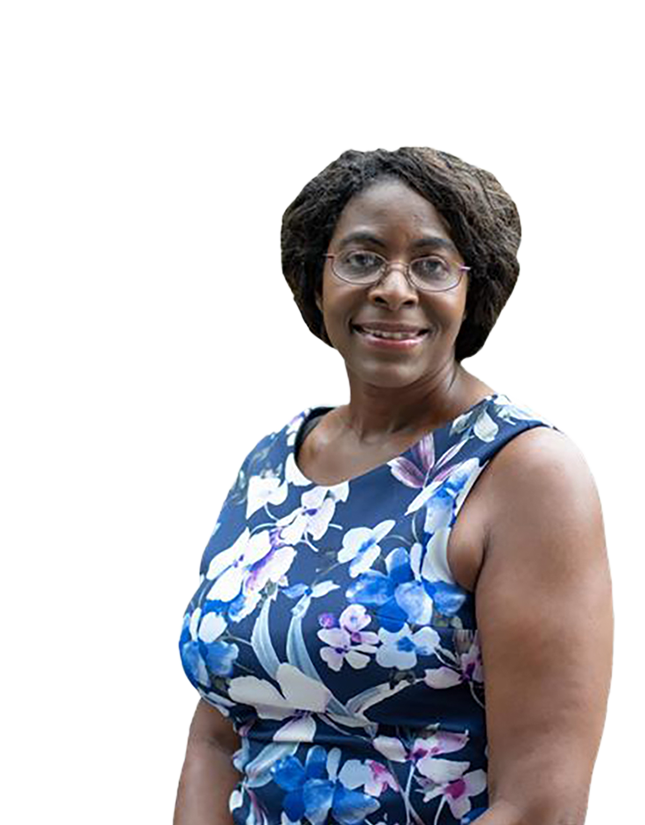The HPV vaccine helps to prevent six cancer types that are associated with the human papillomavirus. As the only NCI-designated cancer center in South Carolina, Hollings has a responsibility to serve all people in the state, regardless of where they may live.


